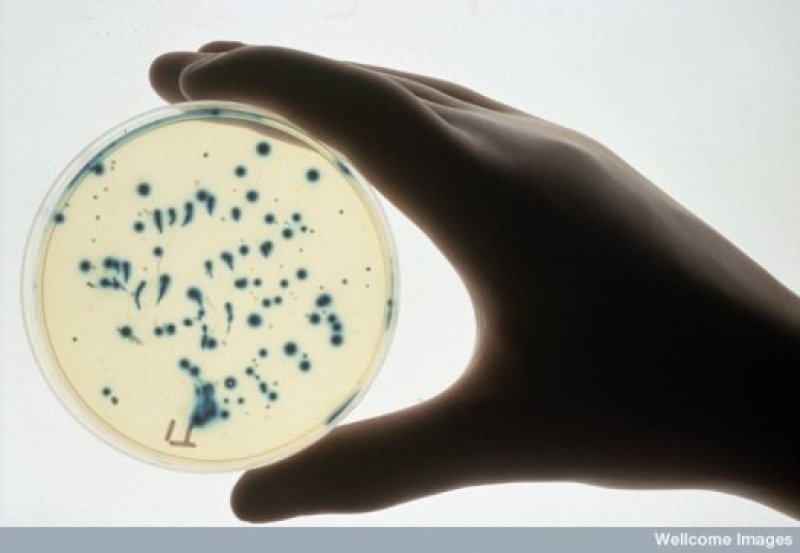The GLP aggregated and excerpted this blog/article to reflect the diversity of news, opinion and analysis.
The 370 million people worldwide with diabetes rely on injections of insulin to regulate the amount of sugar in their blood, since their bodies can’t make the hormone themselves. Since there are no generic versions available in the United States, insulin is very expensive—that cost was likely a large proportion of the $176 billion in medical expenditures incurred by diabetes patients in 2012 alone. Now a team of biohackers with Counter Culture Labs, a community lab in Oakland, California, wants to pave the way towards generic insulin, and they’ve started a crowdfunding page for their project.
The biohackers’ goal is fairly straightforward: To make and refine synthetic insulin from E. coli bacteria and document their process. The result, they hope, will be that a generic pharmaceutical company will use that protocol to make insulin that’s affordable for diabetes patients all over the world. There are several types of insulin that have been approved by the Food and Drug Administration—some are long-lasting, others are fast-acting—but they are all protected by patents, so there are no generic versions. “It takes legitimate scientific research to create a biosimilar generic [drug], and generic companies don’t want to do scientific research,” says Maureen Muldavin, a program manager at Counter Culture Labs and a biohacker involved in the Open Insulin project.
Read full, original post: These biohackers are creating open-source insulin































